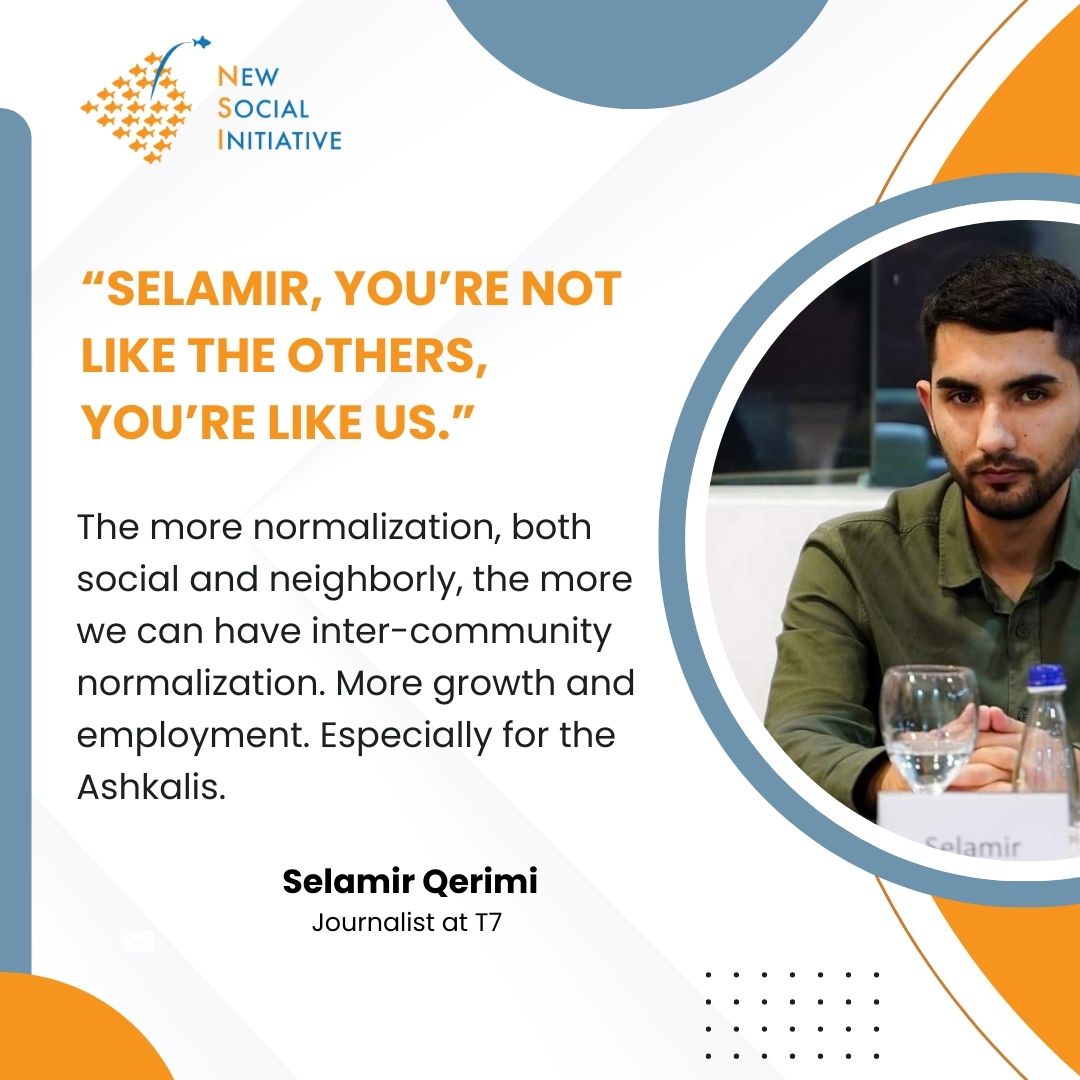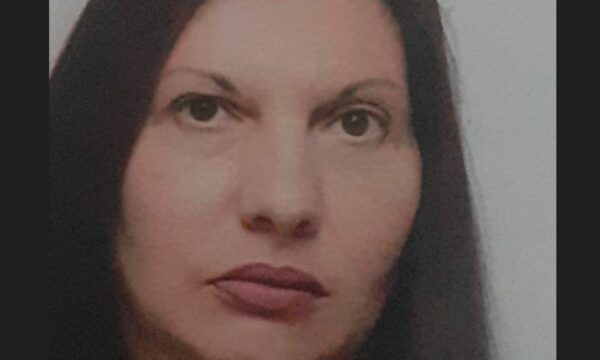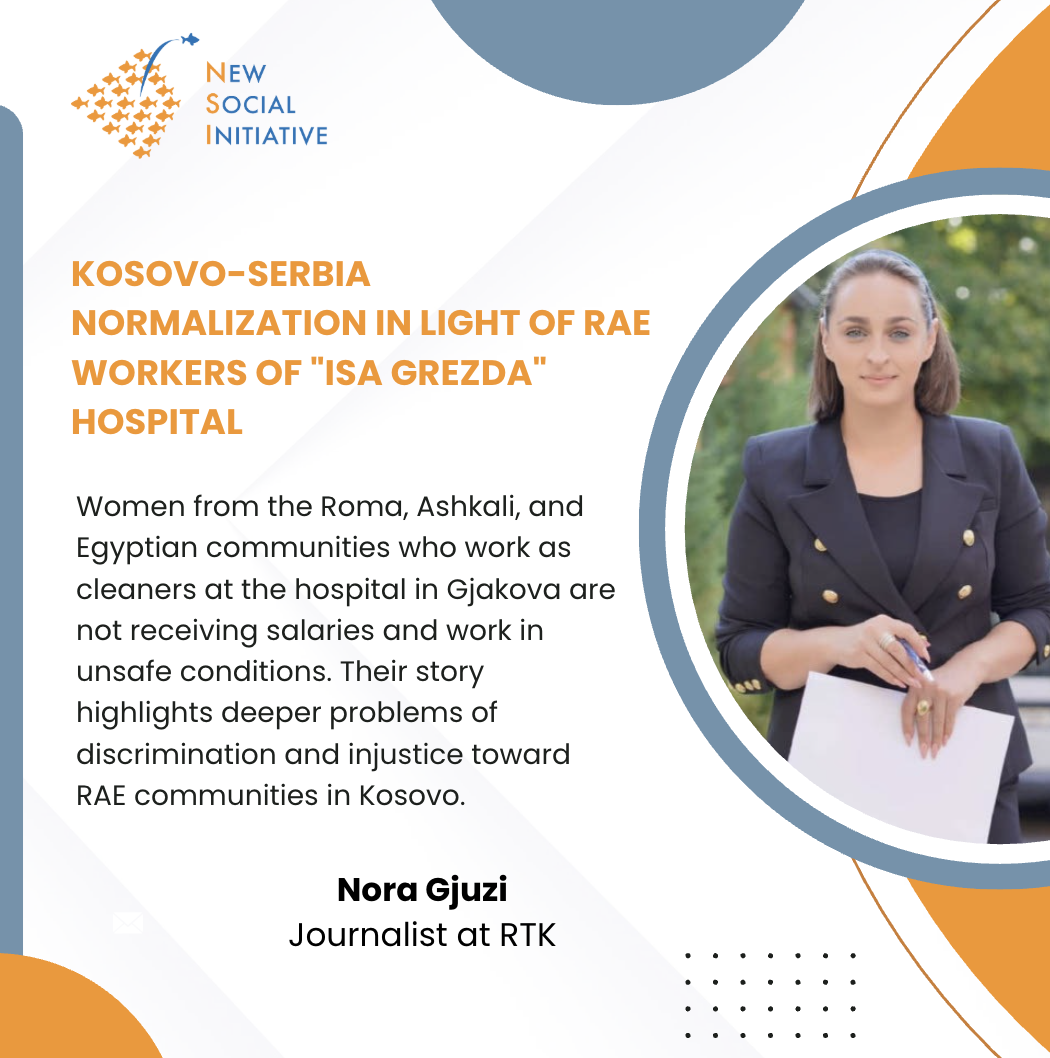When it comes to identity documents, i.e. ID cards, the first association we have is that it is a public document with which a person proves their identity. By proving their identity, a person exercises the rights guaranteed by law. Unfortunately, there is a significant problem in Kosovo, which is why there are still people who do not have and cannot exercise the right to be registered in the civil register and therefore be issued an ID card. This problem is long-lasting and its solution has been sought over the past decade from the highest levels and by various stakeholders. The problem of the civil register and travel and identification documents was also discussed within the dialogue between Belgrade and Pristina in Brussels. However, the status of all persons who do not have a Kosovo ID card has not been resolved, and thus the right to obtain ID documents has not been exercised. Unfortunately, there is still a problem that becomes increasingly alarming over time, mainly for people from non-majority communities in Kosovo.
I came to Kosovo back in 2002 from central Serbia to finish my studies. A year later, in 2003, I met my life partner and stayed to live on the territory of Kosovo. I have two children from an extramarital union in which I lived for 10 years. During this period, it was possible to get an “UNMIK ID card”.
However, the perception of UNMIK administration among the Serbian community at the time was very negative, which is why I avoided having to stock up on personal documents that were considered “invader’s”. My struggle to get Kosovo documents started later, in 2014, and continues to this day.
There are many obstacles to getting personal documents.
In my case, in the case of a citizen who was not born in Kosovo, and the right to citizenship can only be acquired by naturalization, one of them is the non-recognition of documents that I have and which confirm my stay on the territory of Kosovo, issued by Serbian institutions that Kosovo considers parallel. One of the documents I was asked for when applying for entry in the central register of citizens is the Serbian birth certificate with an apostille. The institutions of the Republic of Serbia refuse to issue such a certified document for the purpose of verifying personal data in Kosovo because such documents are used in international public transport, which would recognize Kosovo as a sovereign state. Then it is necessary to have a foreign currency account and on it, on a monthly basis, a minimum of 500 euros of income, i.e. 6000 euros on an annual basis. However, in addition to the amount of income, there is also one paradoxical obstacle – I cannot open an account in a Kosovo bank without a Kosovo ID card (a Serbian passport for citizens residing in Kosovo is also not recognized). There are other documents, which are not recognized, but I have listed the key obstacles here.
So, even though I have been living on the territory of Kosovo for 23 years, I cannot exercise the right to be registered in the central register of citizens through naturalization and get Kosovo’s identity documents. Due to the inability to obtain Kosovo personal documents, I am legally invisible, and therefore deprived of basic human rights – the right to work and livelihood, which is otherwise guaranteed by the Convention on Human Rights. This personal example of mine is just one in a row, because there are a lot of people who have the same or similar problem as me. I must also emphasize that problems with issuing documents are not limited to persons who are not registered in the civil register of Kosovo, and as we have seen from the example of driving licenses, it often occurs with travel documents too.
Solving this problem is complex. As one of the people with this problem, I would like to make suggestions for solving this problem. First of all, it is necessary to enable the recognition of original documents issued by Serbian institutions by a legal regulation, without additional seals and certificates. Then, it is necessary to reduce the amount on monthly basis, i.e. annual basis that the person needs to have in the account as a guarantor. Last but not least, the persons living on the territory of Kosovo, while having valid evidence that they have resided there for more than five years, should be allowed the right to prove their residence retroactively so that they can get personal documents as soon as possible. These changes would solve the problems of many members of non-majority communities living in Kosovo who would like to continue living in Kosovo.
This publication was made possible within the framework of the project “Dialogue, Solution, Future”, with the support of the Ministry of Foreign Affairs of the Federal Republic of Germany, implemented by the New Social Initiative (NSI) and the Institute for Social Policy Musine Kokalari. The content of this article does not necessarily reflect the views of the Ministry of Foreign Affairs of the Federal Republic of Germany.










